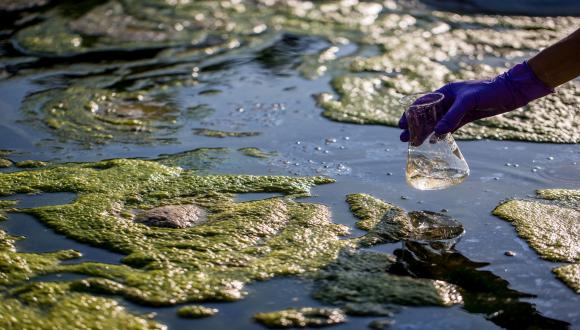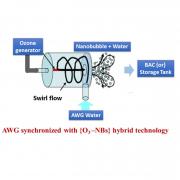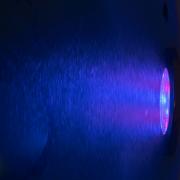AOP treatment for micro-pollutants in effluent RO concentrate
As more than 60% of the world’s population is projected to live in the cities, water shortage is encouraging reuse for both agriculture and households. The growing amounts of wastewater requires a high quality and complete treatment. Membrane technologies of effluent reverse osmosis as the main reclamation process, seems to enlarge due to growing wastewater quantities, water shortage and land area limitation. Wastewater RO concentrate is the harmful byproduct and the bottleneck for wide reverse osmosis implementation, as it requires a special treatment before being discharged to the environment.
Wastewater RO concentrate is rich in micro-pollutants and other effluent organic matter. Those micro-pollutants (e.g. pharmaceutical drugs residue) are not degrade by conventional treatment and require some special application for their removal. Advanced oxidation process (AOP) have the potential to distract and degraded those compounds.
This research is focus on the most effective technology for micro-pollutant removal, advanced oxidation processes (AOP), which include Ozonation, UV-photolysis and a combination of the two with H2O2. The effect of AOP on 7 pharmaceutical compounds, found in wastewater concentrate, is been evaluated.





